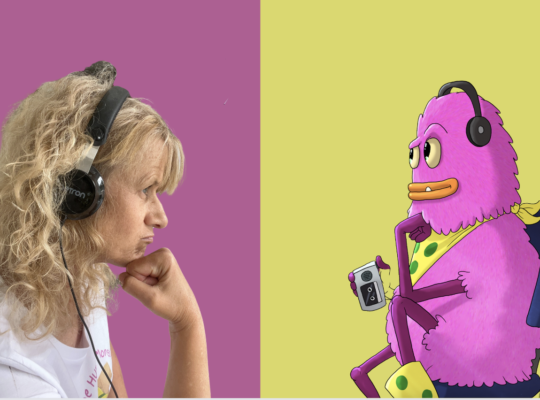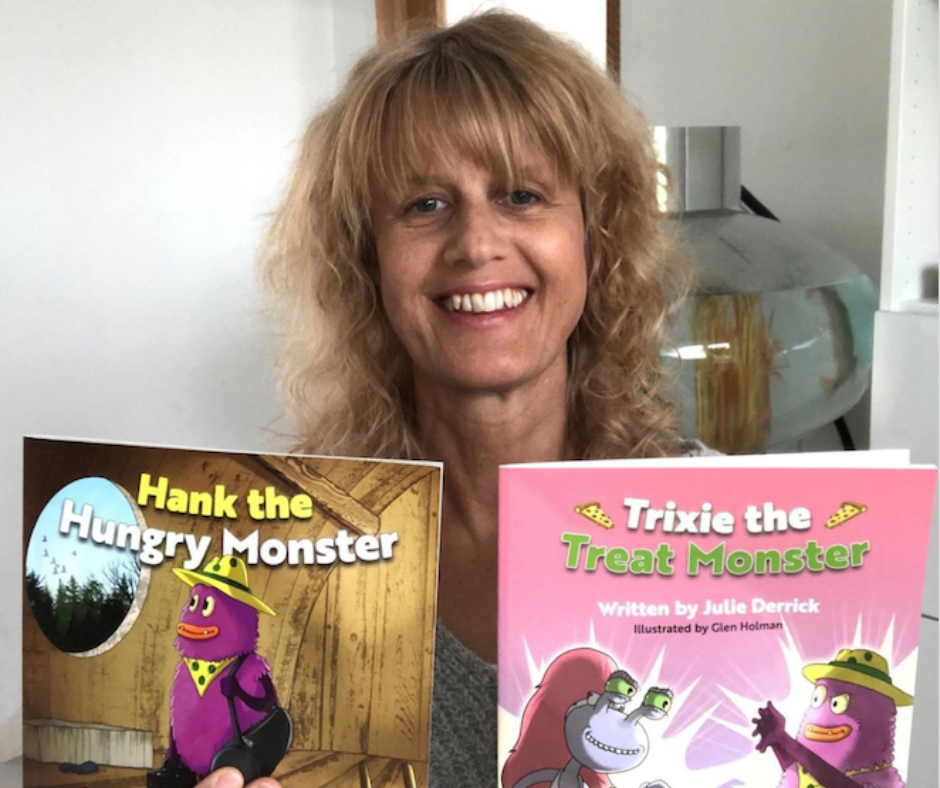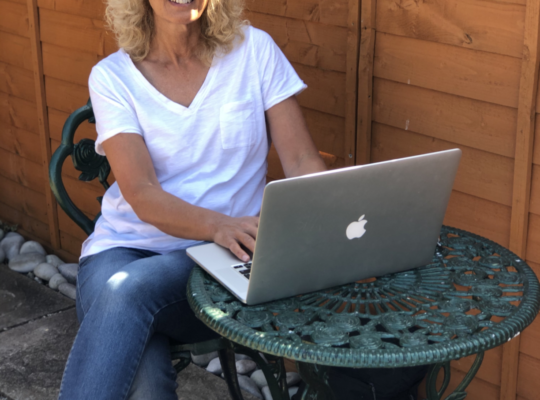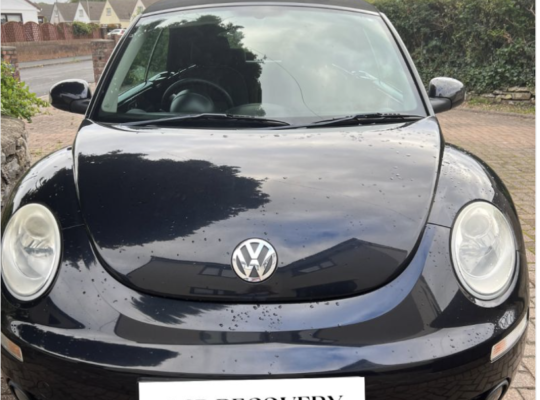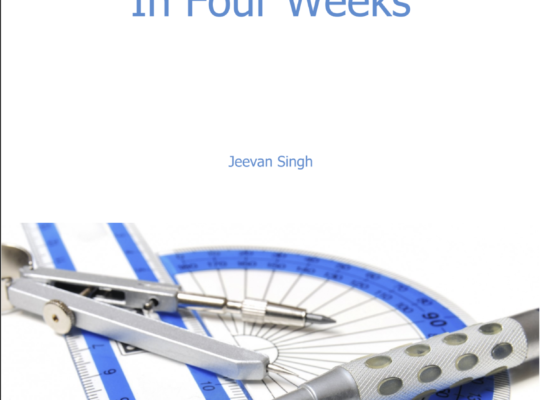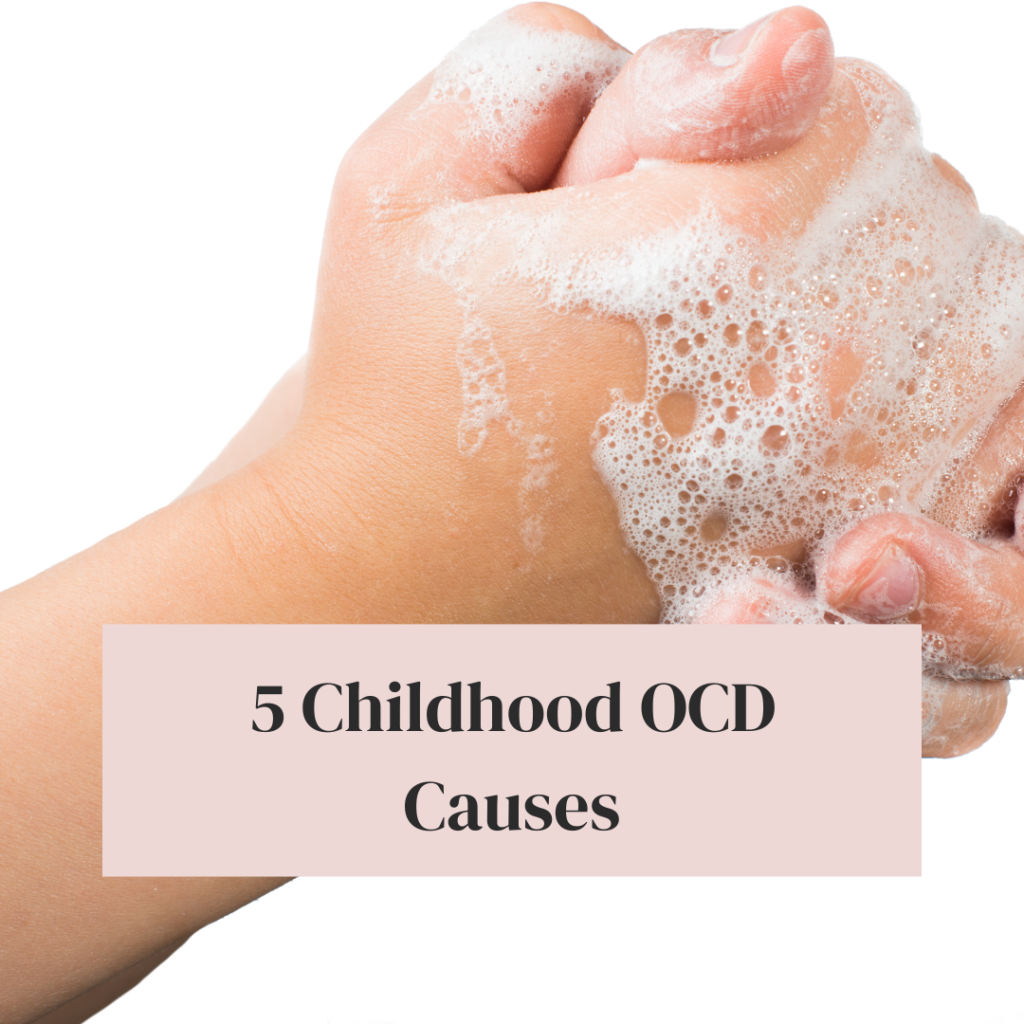
5 Childhood OCD Causes: What You Need To Know
When it comes to childhood OCD causes, what are the five most significant triggers you need to be aware of to help prevent OCD from taking hold and affecting your child’s life?”
To any parents out there who have missed symptoms of childhood OCD.
Or potential OCD triggers.
You are not alone.
If you’ve read my Mind Monsters books, you’ll know that I have parented a child with OCD and missed OCD symptoms and causes.
This led to childhood OCD taking control of the whole house.
So, with that said, what are 5 causes of OCD in childhood you need to be aware of?
1. Childhood OCD Causes and Genetic Factors
Despite intensive research, scientists have yet to pinpoint the exact cause of OCD.
However, science has not ruled out that there could be a genetic link to children developing OCD.
Whilst having a family member with OCD is not a guarantee that a child will develop OCD, people with a close relative with OCD may be more likely to develop the condition.
2. Childhood OCD Causes and Learnt Behaviour
This follows from number one, in that parents with OCD can often pass on OCD through learnt behaviour.
This can be a result of observing parents carrying out OCD compulsions.
Or from parents recruiting children to carry out compulsions.
Some examples of this could include:
- Asking children to check whether they have locked doors or switched off appliances.
- Passing on anxiety around additives in food.
- Getting children to wash hands or avoid ‘germs excessively’.
3: Childhood OCD Causes and Bullying
Bullying can be a potential cause of anxiety spilling over into OCD.
And is the OCD theme I covered in my first children’s book, Hank the Hungry Monster.
In my book, the lead character, Annabelle, feels embarrassed after having unwanted attention focused on some sunburn on her nose.
She becomes so terrified of this happening again that she resorts to repeatedly washing her face, as that is what OCD (or Hank, as I call him) tells her she needs to do to protect herself.
The trouble is, OCD won’t stop at that.
The more you comply with its demands, the more it will demand.
Until the list is so long that it will become exhausting, not just for the child but the whole family.
4. Childhood OCD Causes and Stressful Events
Stressful events can also result in a child’s anxiety bucket spilling over and manifesting into childhood OCD.
Examples of stressful events leading to developing OCD could include:
- Moving home or changing school.
- The death of a family member.
- Parents getting divorced.
Any of the above can provide an opportunity for OCD to sneak into your child’s life.
5. Childhood OCD Causes and Environmental Factors
Environmental issues such as the recent pandemic can also trigger OCD in children.
Again, there are a few ways this could happen, including:
- Imposed or learnt behaviour of being forced to do something or copying others’ behaviours.
- Fear of dying or others dying from exposure.
- Fear of being ostracised by peers if they catch an illness resulting in having to isolate as a group and miss out on social events.
Now that you know what some potential causes of childhood OCD might be, what are some signs of OCD in children that you need to be looking out for?
Here are a few:
Signs of OCD in Children
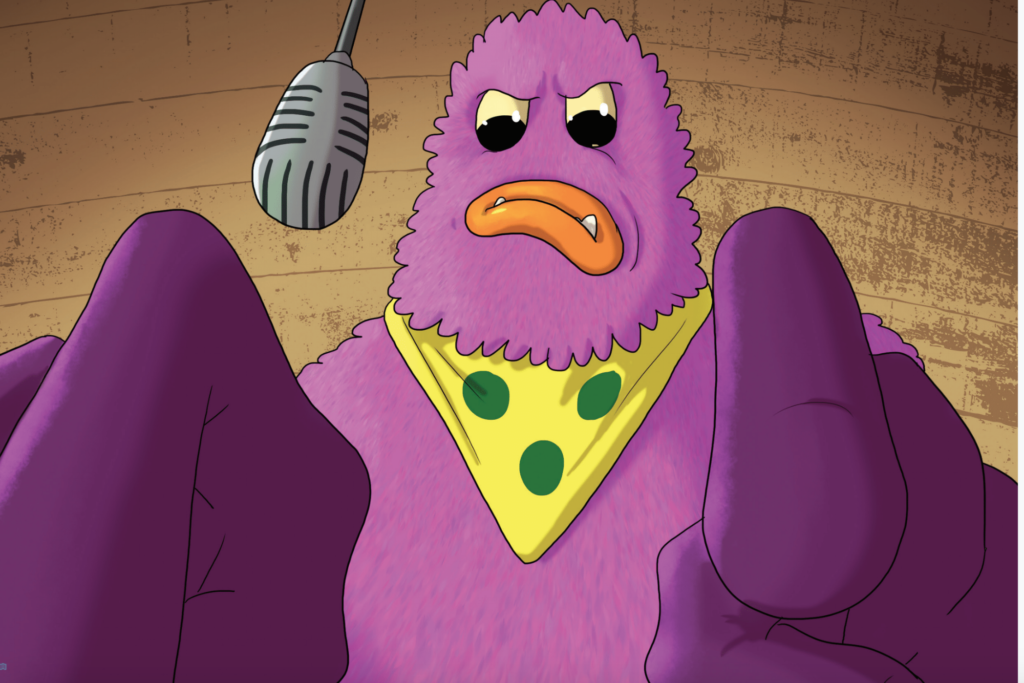
- Keeping areas of the body covered, especially on hot days.
- Doing something over and over like washing hands, counting, tapping.
- Taking longer to shower or get dressed.
- Avoiding people or places.
- Asking for constant reassurance.
- Having meltdowns over minor things.
- Change in eating habits.
How to Help a Child with OCD in 5 Steps
- Research and understand what causes childhood OCD.
- Identify OCD triggers and find ways to calm anxiety when OCD is likely to be triggered.
- Avoid doing things to feed, OCD like offering reassurance, getting recruited to carry out compulsions and reacting to meltdowns.
- Take small steps every day (via ERP therapy) to do the opposite of what OCD wants to reduce its power.
- Be on the lookout for any new OCD themes creeping in.
My FREE guide, How to Tackle Childhood OCD in 5 Steps, covers these five steps in more detail.
Click the link below to download your copy today.

